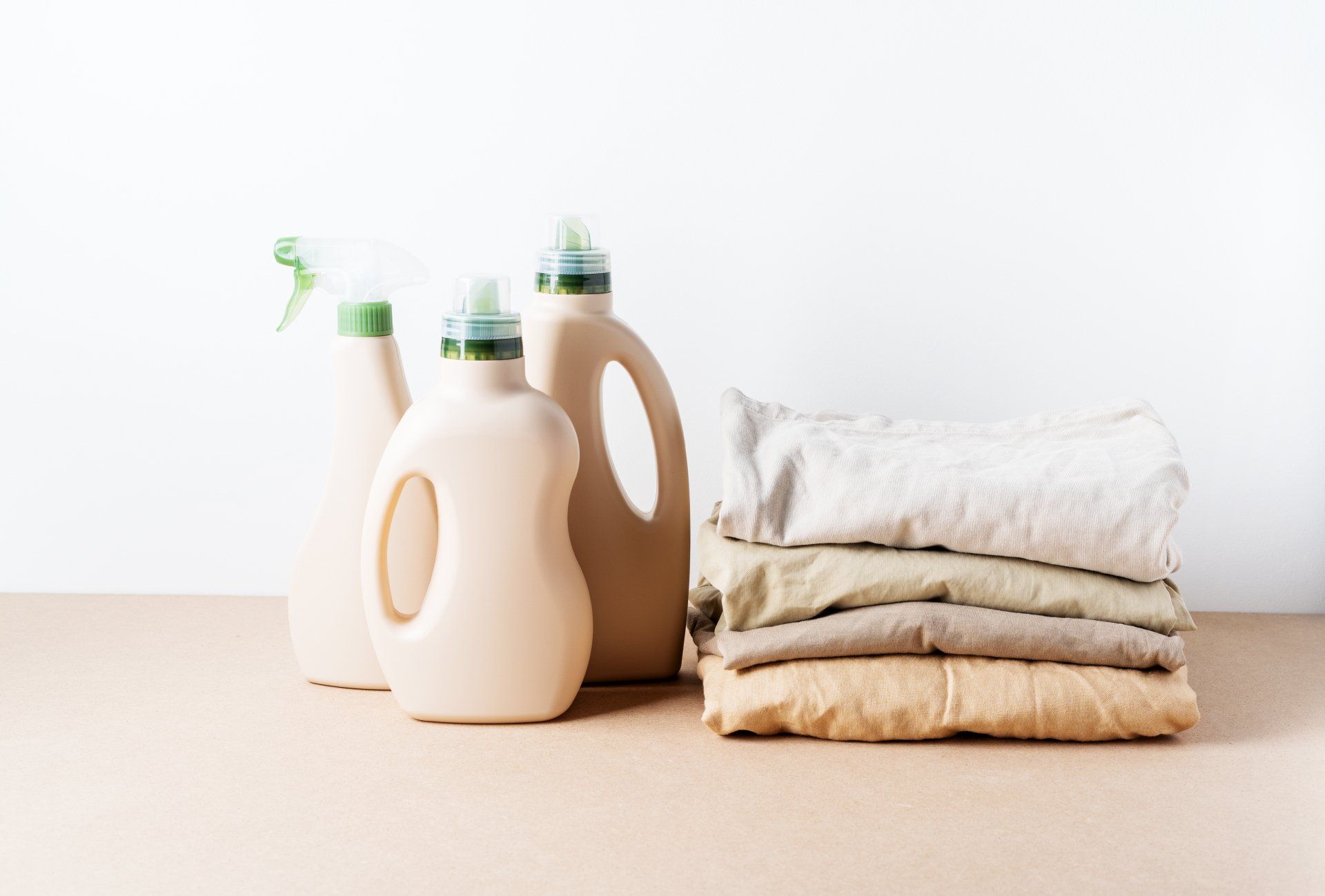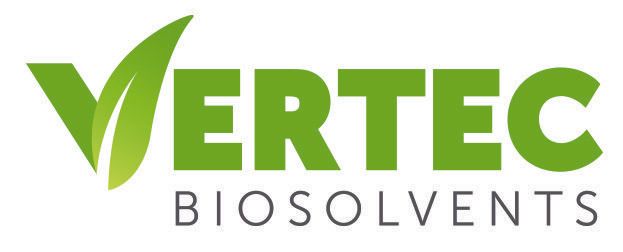What Are Organic Solvents? Overview and Common Examples

Vertec BioSolvents is an innovative manufacturer of safe, sustainable, bio-based green solvents. We are determined to produce effective solvent blends that are derived from soybeans, corn, citrus and other renewable and safe resources. Many of our solvents are revolutionizing the market for their innovation, technology, sustainability, and applications. We understand that what we do may be new territory for some readers, so we want to take some time in this article to talk about organic solvents and the biosolvent option.
What are Organic Solvents?
Before we discuss the different types of solvents, let’s start at the beginning and define exactly what a solvent is. According to the toppr guide on solvents, a solvent is, “a substance in which solute is dissolved and forms a solution. Generally, a solvent is a liquid, but it can also be a solid, a gas, or a supercritical fluid.” In other words, a solvent is something that is capable of dissolving another substance. Examples of solvents might include nail polish remover, paint thinner, glue solvents, spot removers, detergents, and even perfumes.
One way to classify solvents is on the basis of polarity, or their ability to dissolve any solute. Solvents can be either polar or non-polar. Water is considered a universal solvent, because it has a high polarity. Non-polar solvents, such as benzene or carbon tetrachloride, use a mechanism similar to electrostatic attraction to cause electrons to group on one side and break down the solute.
Another way to classify these solvents is based on their chemical composition. There are two types of solvents which fall under this classification: organic solvents and inorganic solvents.
- Inorganic Solvents: Inorganic solvents are solvents that do not contain the element carbon. The most common inorganic solvent is actually water, because it contains only hydrogen and oxygen. Other examples might include ammonia, sulfuric acid, and fluoride sulfuryl chloride. Generally, inorganic solvents are good electrical conductors.
- Organic Solvents: Organic solvents, then, are those solvents which do contain carbon and oxygen in their composition. They are not good conductors of electricity. Examples of organic solvents would include alcohols, esters, ethers, ethyl acetate, ethanol, acetone, benzene, and ketones.
Inorganic vs Organic Solvents with Examples
Organic solvents are useful for many purposes, such as dissolving materials and substances, dispersing coatings, as a medium for chemical reactions, or as cleaning agents. They can be used in industries as diverse as polymers, textiles, plastics, dyes, printing, agriculture, footwear, and pharmaceuticals. Examples of products that might use organic solvents include:
- Paints, varnishes, and lacquers
- Adhesives and glues
- Degreasing and cleaning agents
- Laundry detergents
- Cosmetics
Benefits of Organic Solvents
The different types of solvents have been used in various ways since antiquity, but the main benefit of organic solvents is that they continue to remain chemically stable while performing their dissolving duties. In some cases, their ease of combustion can be a benefit, although it is something which must be carefully monitored.
Organic solvents have proven to be highly effective at dissolving, cleaning, and degreasing. Benefits in various industries include:
- Agriculture: Solvents are used in the formation of pesticides, herbicides, and growth enhancers.
- Coatings & Paints: Solvents are used for cleaning paint guns and flushing paint lines.
- Cleaning Products: Solvents increase the ability of products to clean, dissolve dirt and grease, or sanitize.
A Biosolvent Alternative from Vertec
Organic solvents are normally considered to be safe when used properly. Despite their benefits, however, many organic solvents are petroleum-based, which can be dangerous and hazardous to health. To provide a safer approach, Vertec™ BioSolvents provides high-performing biosolvent alternatives to traditional petroleum-based solvents for industrial and agricultural markets.
We produce bio-based solvents, which actually have a more environmentally-friendly reduced carbon footprint. The biosolvent carbon used in our products comes through naturally-occurring photosynthesis. Solvents that are petroleum-based, on the other hand, can add "virgin carbon," which is bad for the environment. In our approach, CO2 is captured from the atmosphere by a plant such as soy or corn. This balances the CO2 released when a biosolvent is used in a formulation or cleaning application. Replacing petroleum-based solvents with Vertec BioSolvents has a positive impact on reducing greenhouse gasses. Because we care, none of our products contain any environmentally hazardous ingredients, ozone-depleting chemicals, or hazardous air pollutants. Our line of bio-based green solvents includes:
- VertecBio™ EL: Our Ethyl Lactate (EL) solvents offer a 100 percent biodegradable way to cut through paints, coatings, and inks, making them a high-powered choice for cleanup.
- VertecBio™ ELSOL: Products in this line serve as drop-in replacements for existing petroleum-based solvents including acetone, Butyl Cellosolve, Isopropyl Alcohol, Cyclohexanone, Tetrahydrofuran, Toluene, Xylene, MEK and MIBK.
- VertecBio Gold®: This biosolvent product line is ideal for paint strippers, degreases, graffiti removers, and heavy asphalt cleaners.
- VertecBio™ Citrus: These products are excellent cleaners for epoxy, polyurethane and other resins.
- VertecBio™ DLR: This is a high-powered, environmentally friendly d-Limonene substitute.
- VertecBio™ 5516: Another of our environmentally friendly solvents, this is ideal for cleaning polyurethanes.
- VertecBio™ Ethyl Acetate Bio-Based: Our latest addition, this high-performance, 100% bio-derived Ethyl Acetate replaces all applications for petroleum-based Ethyl Acetate.
Our specialty line of VertecBio™ safe solvent products includes EL Pine, which is excellent for cleaning tank trucks, ISO tanks, semi-bulk bins, reactors and storage tanks; Ink Zapper, a patented blend that is a high-performance, economical and bio-based alternative for washing the press and blanket; and Sanitization, hand and hard surface sanitizers that offer a patented, high strength ethanol/ethyl lactate formula which kills 99.99+% bacteria.
Proudly made in the USA, Vertec BioSolvents places a very heavy emphasis on technology and sustainability, so that we can create bio-based solvents that are capable of outperforming their petrochemical counterparts. Made from corn, soybeans, citrus fruits and other similar substances, our products are used across a wide range of industries, including agriculture, inks, paints and coatings, petroleum, and industrial manufacturing. We produce superior performance through sustainable technologies!
Fill out a form or call 630-960-0600 for more information, or to request a sample from our line of bio-based, safe solvents.



